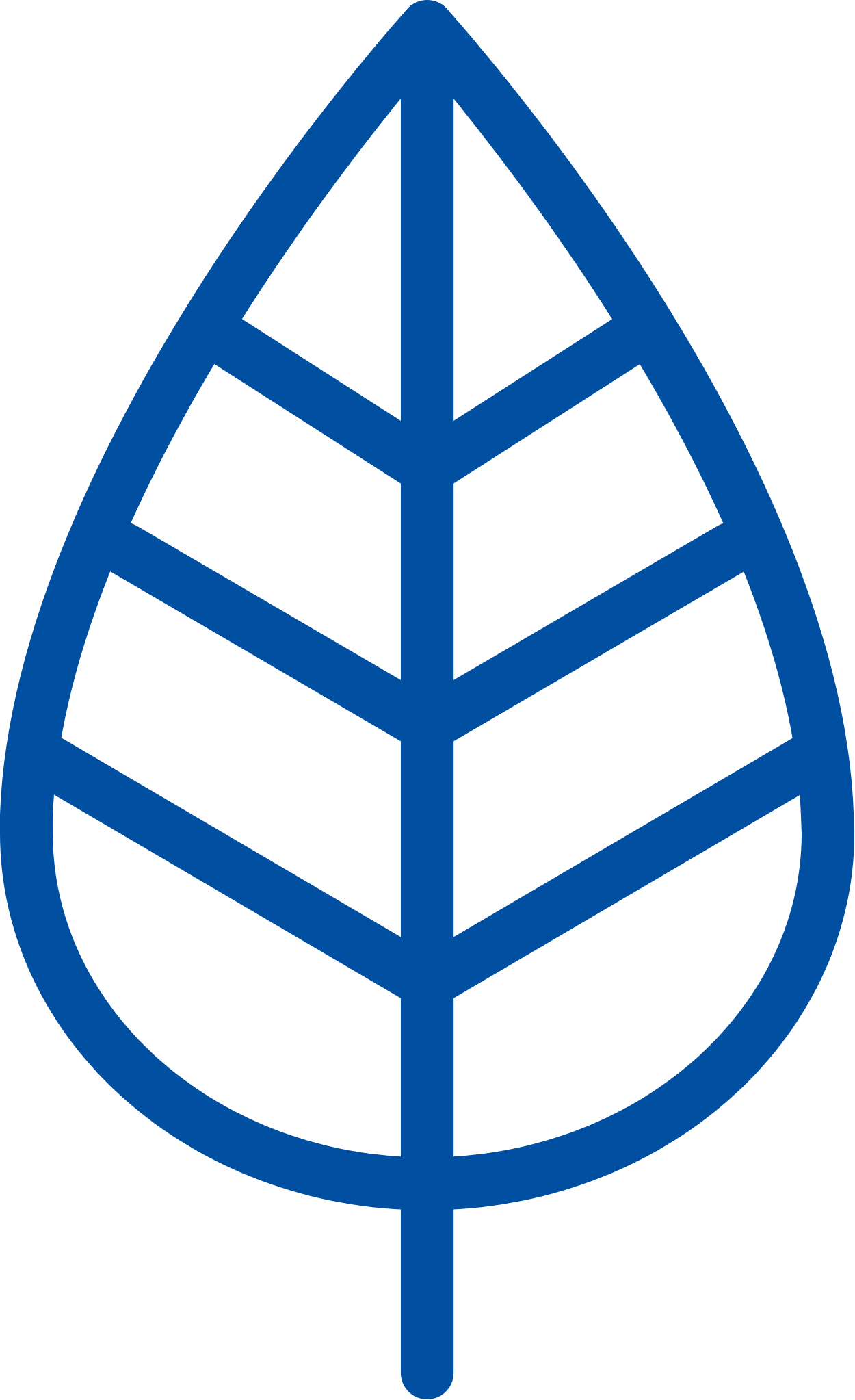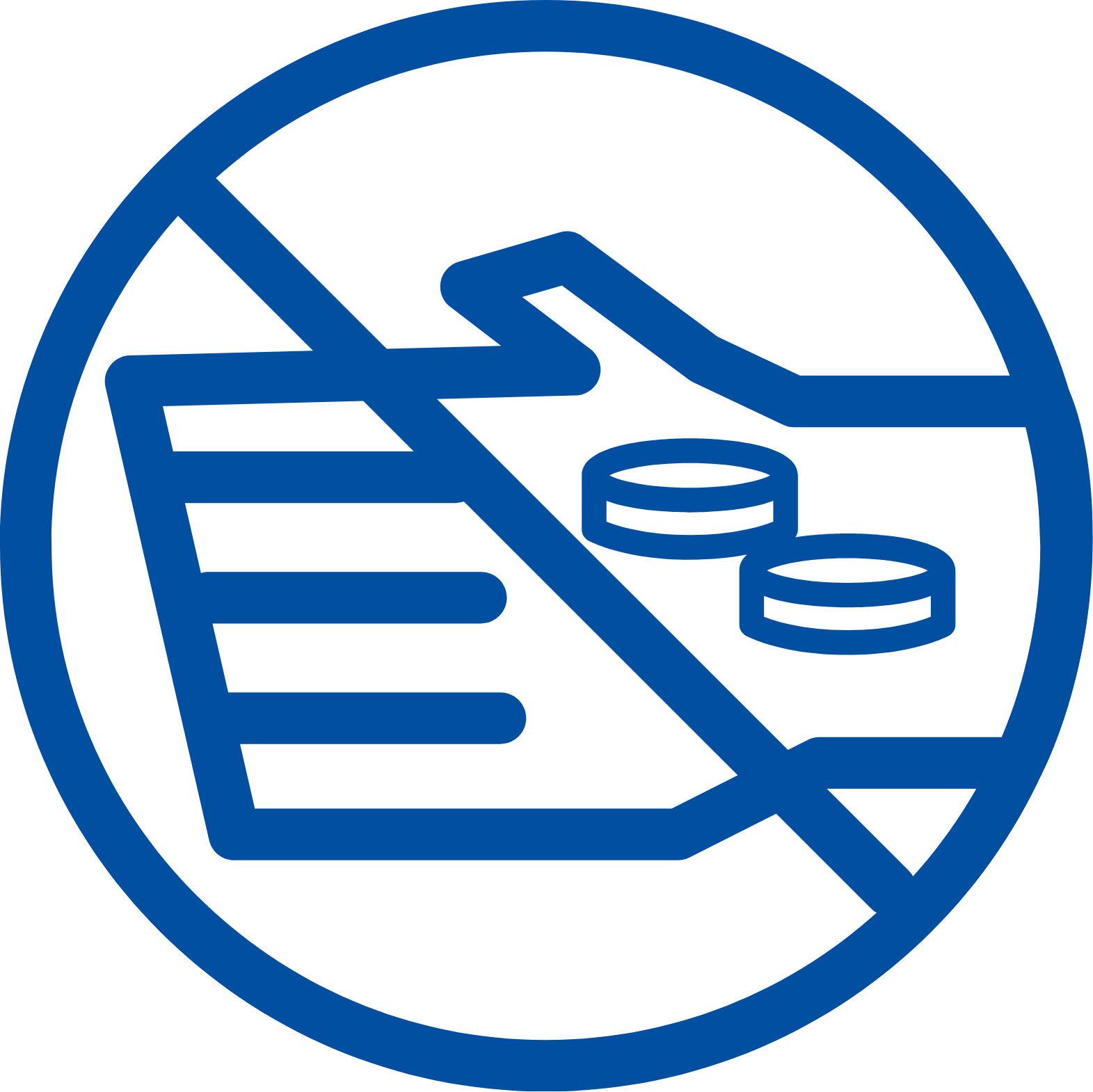
Working Conditions and Human Rights
in our supply chain
in our supply chain
Our supply chain is a very important piece of the sustainability puzzle, where both people and planet are key stakeholders in our actions. On this page we will focus on working conditions and human rights in our supply chain.
Learn more about NA-KD's commitments for Diversity & Inclusion here. To learn more about what we're doing for the environment in our supply chain, please read more here.
It is important that all people across our value chain are treated with respect and dignity, and that equality is demonstrated in everything we do. It is NA‑KD's responsibility to respect human rights throughout our entire value chain, and to promote human rights values whenever we can.
Our Supplier Code of Conduct
At NA‑KD we are strong believers of industry collaboration to drive change towards a more sustainable fashion industry. We are active members of amfori and work according to the amfori BSCI framework together with our suppliers, to facilitate that all factories in our supply chain are agreeing to the same principles, ethics and values when it comes to working conditions.
We require that all new suppliers sign our Supplier Code of Conduct, and that they hold a valid social audit or verified self-assessment at the start of the business engagement, and renew it annually or biennally.
amfori BSCI
The amfori BSCI Code of Conduct has been adopted by NA‑KD and is at the centre of our work with social and ethical compliance. The amfori BSCI Code of Conduct for business partners and producers is aligned with international recommendations, norms and conventions such as:
- The Universal Declaration of Human Rights
- The Children’s Rights and Business Principles
- UN Guiding Principles for Business and Human Rights
- OECD Guidelines for Responsible Business Conduct
- UN Global Compact
- International Labour Organization (ILO) Conventions
Passing it on
NA‑KD clearly communicates with the Code of Conduct that suppliers are expected to cascade the values it holds further up their own supply chains. The Code of Conduct is added to our purchase agreements and all suppliers working with NA‑KD need to sign it. The Code of Conduct covers relevant labour rights, environmental protection and anti‑corruption.
Human Rights Policy
Our human rights work is based on the UN Guiding Principles for Business and Human Rights (UNGP) and we are constantly working to implement these principles. The UNGP’s clarify what it means for businesses to respect human rights; to have a policy commitment in place, to work with human rights due diligence across the value chain, have mechanism in place for people to be able to "blow the whistle" in case this is needed, and to remediate depending on if the business has caused, contributed to or is merely linked to the harm done through its products or services.
The amfori BSCI Code of Conduct
SOCIAL MANAGEMENT SYSTEM AND CASCADE EFFECT
Our enterprise endorses the amfori BSCI Code of Conduct Principles through all the functions of our company and embeds the principles in our system.
WORKER INVOLVEMENT AND PROTECTION
Our enterprise informs all workers about their rights and responsibilities and protects workers in line with the aspirations of the amfori BSCI Code of Conduct.
THE RIGHTS OF FREEDOM OF ASSOCIATION AND COLLECTIVE BARGAINING
Our enterprise respects the right of workers to form and join trade unions – and bargain collectively.
NO DISCRIMINATION, VIOLENCE OR HARASSMENT
Our enterprise treats all workers with respect and dignity, ensure that workers are not subject to any form of violence, harassment, and inhumane or degrading treatment in the workplace and does not discriminate against workers.
FAIR REMUNERATION
Our enterprise respects the right of workers to receive fair remuneration and works progressively towards the payment of a living wage.
DECENT WORKING HOURS
Our enterprise observes the law regarding working hours and adheres to the international references for specific exceptions.
OCCUPATIONAL HEALTH AND SAFETY
Our enterprise ensures a healthy and safe working environment, identifying potential and actual risks to the health and safety of workers and taking takes all necessary measures to eliminate and reduce them.
NO CHILD LABOUR
Our enterprise does not employ, directly or indirectly, any worker below the legal minimum age.
SPECIAL PROTECTION FOR YOUNG WORKERS
Our enterprise provides special protection to young workers against conditions of work which are prejudicial to their health, safety, morals, and development.
NO PRECARIOUS EMPLOYMENT
Our enterprise does not engage in, or through business partners, complicit to, any form of servitude, forced, bonded, indentured, trafficked or non-voluntary labour and adheres to international principles of responsible recruitment.
NO BONDED, FORCED LABOUR OR HUMAN TRAFFICKING
Our enterprise does not engage in, or through business partners, be complicit to, any form of servitude, forced, bonded, indentured, trafficked or non-voluntary labour, including state-imposed forced labour.
PROTECTION OF THE ENVIRONMENT
Our enterprise implements adequate measures to prevent, mitigate and remediate adverse impacts on the surrounding communities, natural resources, climate, and the overall environment.
ETHICAL BUSINESS BEHAVIOUR
Our enterprise does not take part in any act of corruption, extortion, or embezzlement, nor in any form of bribery.
LIVING WAGES
At NA-KD, we expect our suppliers to respect the right of the workers to receive fair remuneration that is sufficient to provide them with a decent living for themselves and their families. However, living wages often go beyond the statutory minimum wage set by governments and unfortunately it's a fact that many workers still do not receive a decent pay for a standard day of work.The fashion industry has a long way to go, and we must join forces to raise awareness and promote living wages in our supply chains.
As a fashion e-commerce brand, NA-KD is built on the contributions of thousands of people. Sourcing from production countries where risks related to wage levels and working conditions are higher, we have a responsibility to do what we can to move the industry in a positive direction and to respect and promote human rights throughout our entire value chain.
A COMPLEX CHALLENGE
Like most fashion companies, NA-KD does not own any factories or make our own clothes – we outsource production to independent manufacturers. This means that we don’t pay garment workers’ salaries directly, and we cannot decide how much they are paid.
Living wages is a highly complex matter and a structural challenge to which there is no one-size-fits-all solution. It's something that we must tackle with industry-wide efforts, by sharing examples and engaging stakeholders at all levels, including brands, retailers, standard systems, agents and suppliers, factories, unions and other labour organisations, governments, civil society, and academia.
One important step in the process towards living wages is to raise awareness amongst our suppliers. Our supplier dialogues and our living wage scans show that there is still a gap in terms of living wage awareness. Apart from offering capacity building, we have therefore begun to promote that factories conduct their own living wage assessments for their workforce. Worker representation, unions and collective bargaining are other important enablers for awareness, and in driving improved working conditions and wage levels.
You can read more about this work in our latest Sustainability Report.
FINDING COMMON GROUND
At NA-KD, we believe in seeking a common understanding across the industry while respecting local differences, to help accelerate the work towards living wages in fashion supply chains. We'll continue to engage with industry organisations, auditing companies, suppliers, and other stakeholders to ensure more robust and qualitative wage data sets, to improve the alignment between auditing standards, and accelerate the adoption of common frameworks, benchmarks, and definitions – such as that by the Global Living Wage Coalition (GLWC):
“A Living Wage is […] the remuneration received for a standard workweek by a worker in a particular place sufficient to afford a decent standard of living for the worker and her or his family. Elements of a decent standard of living include food, water, housing, education, health care, transportation, clothing, and other essential needs including provision for unexpected events.”
Due diligence
At NA‑KD we strive to work throughout our supply chain and business relationships to identify, assess, monitor, and mitigate any potential human rights violations, and to remedy if NA‑KD has caused or contributed to potential harm done. We strive to use our leverage in our business relationships for positive impact, even in situations where we have no direct control.
Our approach to supply chain human rights due diligence:
- Supplier Code of Conduct: Entry-level minimum requirement for all existing and new suppliers. Prerequisite for working with NA-KD since 2019.
- Verified self-assessments or social audits: Having a social and labour audit or verified self-assessment is an entry-level minimum requirement for all new factories (tier 1). We require social audits or assessments to be conducted and renewed annually or biennially – the regularity is prioritised on a risk-based approach.
- Corrective actions and continuous improvement: Lower audit scores and/or non-compliance issues require a corrective action plan and demonstration of efforts to continuously improve the social and labour practices at the factory. Findings in Crucial audit questions are given higher priority in our continuous supplier dialogues. In some instances, a follow-up audit is required.
- Escalation and business action: Our Business Partner Zero Tolerance Protocol and Escalation Policy clarify our procedures and business actions in case of severe non-compliance findings in our value chain, and in case of inaction or repeated failure to correct and/or remediate within a reasonable timeframe.
- Training and capacity building: Suppliers are encouraged to participate in capacity building programs, online and face-to-face, through the amfori Academy, the How to Higg guide and manufacturer forums. Additional training and guidance are offered on a needs basis.
CAPACITY BUILDING & CONTINUOUS IMPROVEMENT
Having our suppliers registered on the amfori BSCI platform is part of our suppliers' onboarding process. We expect suppliers to conduct self-assessments, report on their continuous improvements, and take part in the capacity building program offered on the platform. The capacity building program includes both online and face-to-face training in several locations, including in our two biggest supplier countries; China and Turkey.
SOCIAL AUDITS
All our suppliers must hold a valid social audit or verified assessment at the start of their business relationship with NA-KD. The social audits cover the content of the Supplier Code of Conduct, including all salient human rights and working conditions. The social audits are performed by a certified third-party auditing company, which gathers information via documentation and worker dialogues. We allow our producers to choose between our approved systems for social audits or verified self-assessments: amfori BSCI and Higg vFSLM as our preferred systems, but we also accept Sedex SMETA and SA8000.
Ethical due diligence
To rate ethical business behaviour the auditor evaluates (amongst other topics) whether the auditee can identify situations and activities where acts of corruption, extortion or bribery are most likely to occur in its business. The auditee must show in what way they are preventing corruption (e.g. through training of workers about the benefits of a work environment free from corruption), actively rewarding workers and management’s honest behaviour and how they take measures to prevent and fight any act of corruption.
COLLABORATION FOR BUILDING AND FIRE SAFETY
NA-KD is a signatory to the International Accord for Health and Safety in the Textile and Garment Industry, together with trade unions and other brands. The agreement promotes worker safety through independent inspections, remediation, and training programs and recognises the rights of workers to organise, refuse unsafe work, and raise health and safety concerns. Read more here.

NA‑KD
FUTURE
Shop collectionFUTURE
HOME
SHOP NA-KD BUY SECOND HAND
LEARN MORE ABOUT OUR COMMITMENTS:
LEARN MORE ABOUT HOW WE WORK WITH SUSTAINABILITY:















